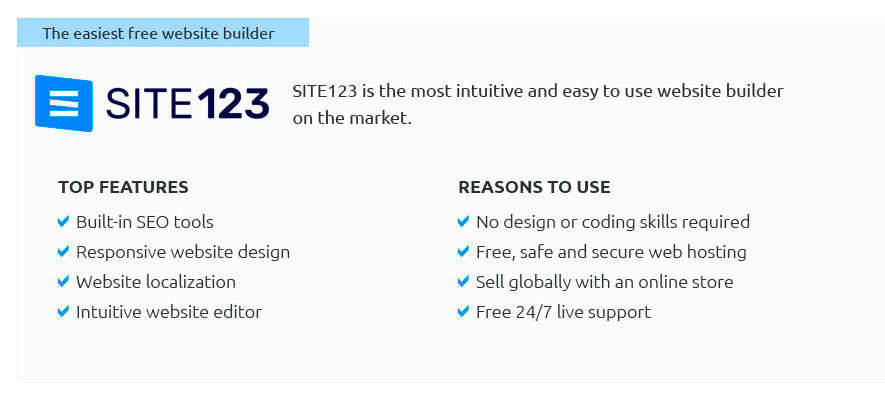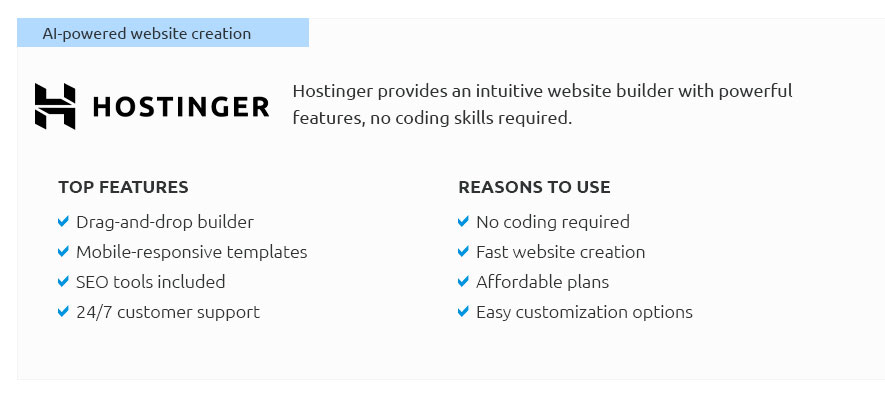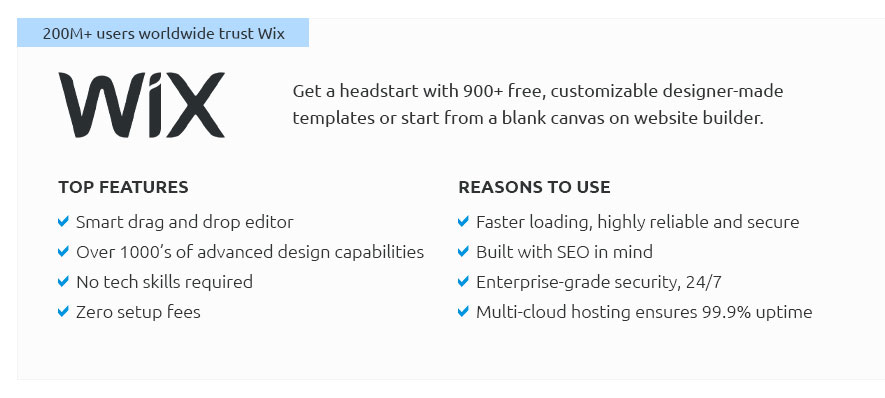 |
 |
 |
 |
|
 |
 |
 |
|
 |
|
 |
 |
|
 |
|
 |
|
 |
 |
How to Start a Website for a Business: A Step-by-Step GuideStarting a website for your business is a crucial step in today's digital age. Whether you're a small local shop or a large corporation, having an online presence can significantly boost your visibility and sales. Planning Your WebsiteDefine Your GoalsBefore you start, it's essential to define what you want to achieve with your website. Are you looking to sell products, showcase your services, or build a community? Clearly outlining your goals will help guide the rest of the process. Research Your AudienceUnderstanding your target audience is key to creating content that resonates. Consider demographics such as age, interests, and online behavior to tailor your website effectively. Choosing the Right PlatformThere are numerous website-building platforms available, each with its own strengths and weaknesses. Selecting the right one can make or break your website's success.
It's important to pick a platform that aligns with your business needs. For those in the marketing field, the best website builder for marketing agency might be ideal. Designing Your WebsiteChoose a Professional DesignYour website's design is the first impression visitors will have of your business. Opt for a clean, professional look that reflects your brand identity. Mobile ResponsivenessEnsure that your website is mobile-responsive. With a significant amount of web traffic coming from mobile devices, this is a non-negotiable aspect of modern web design. Creating Engaging ContentContent is king. High-quality, engaging content will keep visitors on your site longer and encourage them to return. Use SEO Best PracticesIncorporate relevant keywords naturally within your content. This improves your site's visibility on search engines and drives organic traffic. Include a BlogStarting a blog on your website can enhance your SEO efforts and establish your authority in your industry. Learn more about how to start blog effectively. Common Mistakes to AvoidMany businesses make avoidable mistakes when setting up their websites. Here are a few to watch out for:
FAQWhat is the first step in starting a business website?The first step is to define your website's goals. Understanding what you want to achieve will guide the rest of the process. How important is mobile responsiveness?Mobile responsiveness is crucial as a large portion of web traffic comes from mobile devices. A non-responsive site can lead to lost visitors. Can I start a website without coding knowledge?Yes, many platforms like Wix and Squarespace offer user-friendly interfaces that require no coding knowledge. By avoiding common pitfalls and focusing on your audience's needs, you can create a successful business website that enhances your brand and boosts your bottom line. https://www.business.qld.gov.au/running-business/marketing-sales/marketing/websites-social-media/building-managing-website
Step 1: Get a domain name and URL - Step 2: Set up an email address to match your domain name - Step 3: Find a web hosting company - Step 4: Design ... https://www.website.com/
How to make a free website - Sign up for a website builder plan and start with a pre-built layout. - Add your own images, logos, and text to build your brand. https://www.jimdo.com/website/business/
Creating a business website doesn't have to be a lot of work. Jimdo walks you through each easy step until you meet your goal.
|